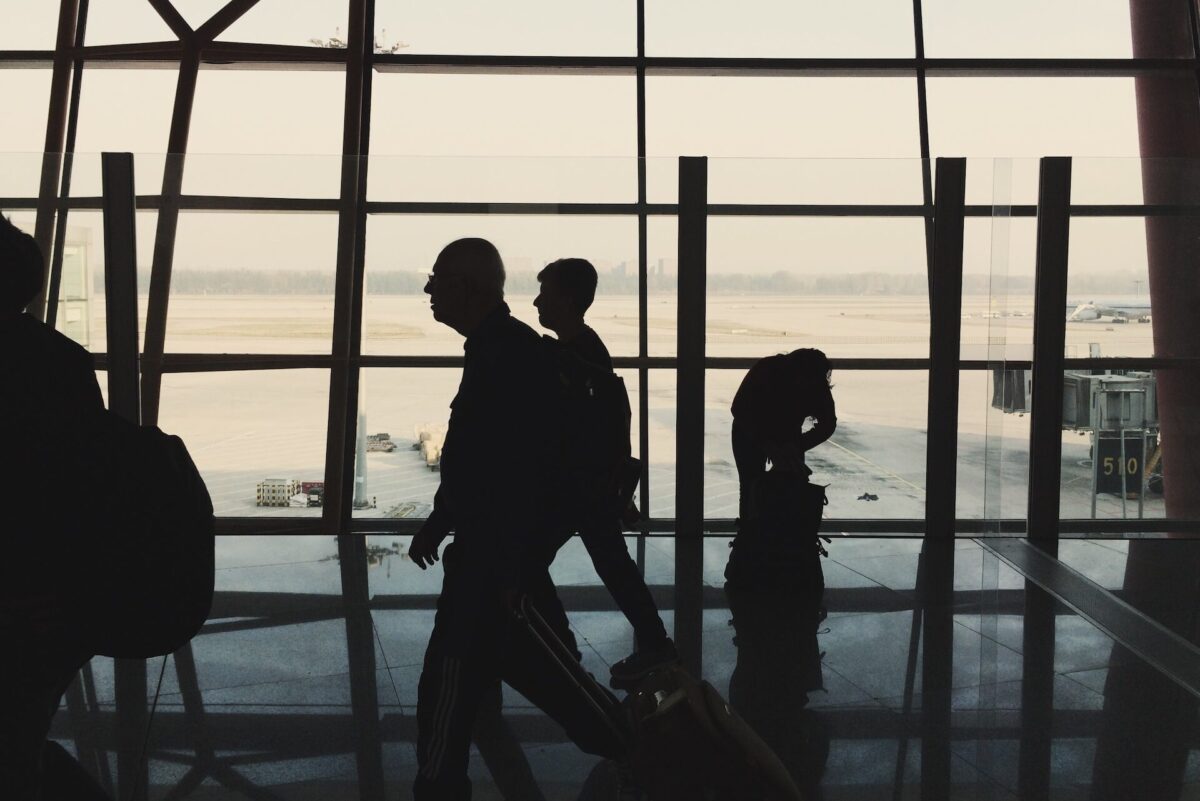Boeing Pleads Guilty: 3 Takeaways From Its Deal With the DOJ

Skift Take
Boeing agreed to accept a guilty plea deal from the Justice Department over charges stemming from an earlier case tied to the 737 Max, according to a court filing that was uploaded just minutes before midnight on Sunday.
In particular, Boeing is pleading guilty to a charge related to misleading the Federal Aviation Administration on certain aspects of the 737 Max 8, the aircraft that was involved in two fatal crashes in 2018 and 2019 that killed 346 people.
The plea deal is short — only eight pages — but carries a lot of significance for Boeing, which has been under intense and renewed federal scrutiny ever since the January 5 Alaska Airlines blowout incident.
Now, Boeing will have to pay a $243.6 million criminal offense fine and invest at least $455 million into compliance and safety programs. The court overseeing the case will also have to determine a restitution amount that Boeing would owe the families of the victims of the deadly crashes. The DOJ said it plans to have the agreement finalized by July 19.
1. Boeing Will Have to Install an Independent Compliance Monitor
As part of the agreement, Boeing will be on a three-year probationary period where it would need to install an independent monitor to oversee its compliance and safety. This monitor would be an outside aviation expert who would use the probation to review and suggest changes to the plane maker’s quality control and production practices.
Typically, such monitors tend to come from law firms or consulting companies. Since it will take time for the DOJ to select a monitor, it said in the filing that a probationary period could technically last more than three years.
The monitor would prepare an annual report for the federal government, which would be kept confidential. Only executive summaries of the yearly reports would be publicly available.
Families of the victims of the 737 Max crashes had been advocating for an independent monitor, asking the district judge overseeing the case to appoint one just days earlier. Paul Cassell, one of the lawyers representing these families, had suggested that the families should propose the monitor, according to the court filing outlining the plea deal.
As a compromise, the U.S. government plans to select a monitor through a pool of candidates based on public feedback, giving the families the opportunity to make suggestions.
2. The Plea Deal Doesn't Give Boeing Immunity in Any Other Federal Prosecutions
The DOJ said the plea agreement only applies to the previous 737 Max case where Boeing had initially entered a deferred prosecution agreement in 2021 to avoid criminal prosecution. DOJ prosecutors argued in May that Boeing violated the terms of that previous agreement, which opened the plane maker to criminal prosecution.
As part of the plea deal, the DOJ said Boeing won’t have any protection for any ongoing or future federal investigations into the plane maker. The deal also doesn’t impact any civil claims airlines can file against Boeing.
As part of the previous deferred prosecution agreement, the company had to pay airlines $1.7 billion, a term the DOJ said was already satisfied.
Ever since the Alaska incident, Boeing has been under FAA and National Transportation Safety Board investigations.
Most recently, the NTSB sanctioned Boeing after finding the company revealed certain information about the ongoing investigation during a media briefing. As a result of the sanction, Boeing no longer has access to information from the NTSB investigation.
The FAA has also investigated Boeing’s quality control and production processes this past year. FAA chief Mike Whitaker previously told a Senate panel that the agency had been “too hands off” with Boeing in the past. Now, the FAA has added more inspections to Boeing’s oversight and placed a cap on 737 Max production.
3. The DOJ Met With Families of 737 Max Victims Multiple Times
Before the terms of the plea agreement were made public, the DOJ said it had met with families of the 737 Max victims to discuss the deal. The DOJ said it crafted the deal based on feedback from these family members and airlines that have purchased the 737 Max in the past few months.
The department said the federal government held a 5.5-hour long session on April 24 to first discuss whether the government should argue that Boeing breached the terms of the 2021 deferred prosecution agreement.
Then, on May 31, the federal government met with these families again for 4.5 hours to discuss whether the DOJ should criminally prosecute Boeing. The DOJ said it had also requested and received written feedback from airlines on the matter.
The DOJ held a third meeting June 30 with the families — and airlines this time — to tell them that the U.S. had decided to prosecute Boeing and to seek feedback on the terms of the plea deal.
Only two airlines asked to join the June 30 meeting, but none of them spoke if they attended the virtual meeting, according to the court filing.
Airlines Sector Stock Index Performance Year-to-Date
What am I looking at? The performance of airline sector stocks within the ST200. The index includes companies publicly traded across global markets including network carriers, low-cost carriers, and other related companies.
The Skift Travel 200 (ST200) combines the financial performance of nearly 200 travel companies worth more than a trillion dollars into a single number. See more airlines sector financial performance.





